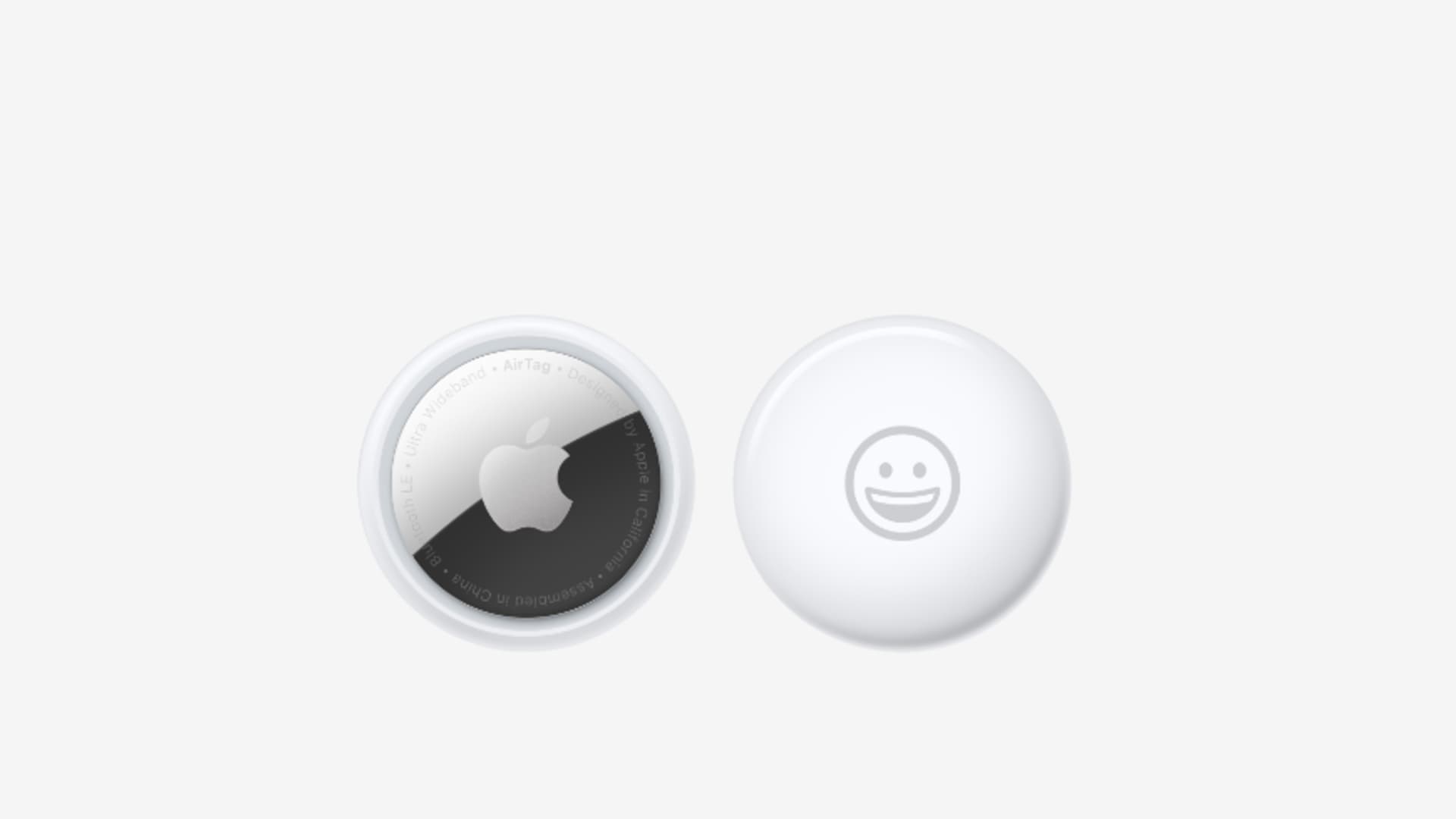Justin Cappos | Source | Professor of Computer Science and Engineering at NYU Tandon School of Enginee...

Justin Cappos
Justin Cappos is a Professor of Computer Science & Engineering and Director of the Secure Systems Laboratory at NYU Tandon School of Engineering, as well as a member of the NYU Center for Cybersecurity. He is also the creator of compromise-resilient software update frameworks The Update Framework (TUF) and Uptane. Justin's research philosophy focuses on improving real world systems, often by addressing issues that arise in practical deployments. His dissertation work was on Stork, the first package manager designed for environments that use operating system virtualization, such as cloud computing. Improvements in Stork, particularly relating to security, have been widely adopted and are used on the majority of Linux systems via integrations into Apt, YUM, YaST, and Pacman. His later research advances have been adopted into production use by companies including Microsoft, IBM, VMware, Cloudflare, Docker, RedHat, ControlPlane, Datadog, and git, as well as a substantial percentage of automobiles.
-

NYU Tandon School of Engineering
Professor of Computer Science and Engineering
-
New DDoS attacks on Israel's enterprises, infrastructure should be a wake-up call
Experts see the latest DDoS attacks against Israel as a case study in the effectiveness of simple, brute-force cybersecurity attacks.
Article -
Austrialia joins EU, US in kicking TikTok off govt phones
The video-sharing platform TikTok has a billion active users. If those people were citizens of a country, it would be the third largest in the world. But regulators in some of the app's biggest markets, like the United States, fear it will allow the Chinese government to intrude into their citizens' privacy, interfere in their political systems and induce psychological harm among young people. And it's not just the US. A few years ago, Australia enjoyed a cordial trade relationship with China. Now, as relations sour, officials in Canberra are taking aim at the app and drawing the ire of their counterparts in Beijing. Is there any solution? Wilson Dizard has more. #AustralianPolitics #TikTokBan #ChinaPolitics Subscribe: http://trt.world/MoneyTalks Livestream: http://trt.world/ytlive Facebook: http://trt.world/facebook Twitter: http://trt.world/twitter Instagram: http://trt.world/instagram Visit our website: http://trt.world
Article -
The biggest risks of using Bluetooth trackers like Apple AirTag, Tile
While Bluetooth tracking devices like Apple AirTag, Tile and Samsung SmartTag are helping find keys and wallets, they're also being used to stalk people.
Article
-
The answer is yes, you've been hacked. Your data, and everyone else's, is probably out there from one data breach or another… there's really nothing you can do once [your data] gets out. While various members of Congress have proposed consumer data protection laws, Cappos explains that “legally, a lot of things have to change to make a really meaningful improvement in this area, and when you have companies like Facebook and Google that would be very strongly opposed to this, you can see why it's very unlikely that legislation of this sort would get passed. My goal with my research is really that I don’t want people to die from an attack through a software update, which I think is actually quite likely with a lot of the current designs that people were using. So [compromise-resilient software update framework] Uptane is trying to prevent that from occurring to the extent possible.



